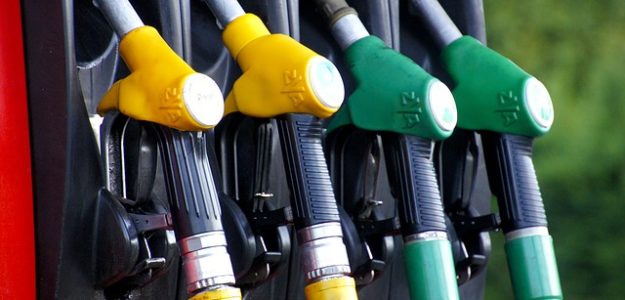
There was a time when the V8 Cadillac and Lincoln were considered an everyday car of the average driver. That time is long gone, and manufacturers are turning to designers and engineers to come up with vehicles with lower body weight and more fuel efficient engines. A car's mileage rating is one of the top considerations for most people buying a new vehicle. Today some of the bestselling vehicles are the fuel-efficient Toyotas, Hondas, and Nissans that allow owners to enjoy the privacy and comfort of their cars and save money on gas. For those who have bought the larger cars in the past, it's important to get better mileage and save money. Here are some tips that will allow you to do so.
Do not race; avoid sudden acceleration and braking when driving. The best way to maximize your driving is by driving in a calm, even manner that does not go above 60 mph. Every time you go above the 60 mph mark, your fuel efficiency decreases.
Use the appropriate octane fuel. Most people use the higher grade fuel thinking it'll improve the mileage. It's important to know what the recommended grade is by the manufacturer; if it's 87, don't spend more money on 93.
Tire pressure is vital for fuel economy. Your tires are the only thing that connects your vehicle with the road. If they're not properly inflated, it will increase friction and reduce your fuel efficiency while damaging your tires.
A very common mistake made by drivers is leaving a roof rack connected to a vehicle. If you don't need one, take it off. Doing so will increase your car's aerodynamic properties and help improve fuel efficiency.
Change the air filter, oil filter, and oil regularly. If the
air filter is dirty, it won't allow the proper amount of air to enter the engine and will cause improper combustion and thus affect your engine's efficiency.
Make sure that the spark plugs and wires are in good condition; this will prevent misfires and incomplete burning cycles. Every time there's an incomplete combustion cycle, there's less power produced and more fuel consumed per mile. As a result, you get less mileage per gallon of gasoline your car consumes. There are also some common sense approaches you can use, including finding an alternate form of transportation when possible. You can walk, ride a bike, or use public transportation in many instances. Car pools are another good idea. Think about where you'll need to travel and plan your trips efficiently, combining errands whenever you can. Of course. deciding on the best kind of new vehicle to buy is one of the better fuel economy tips if it's time to replace your car. :) Feel free to call us for additional suggestions, and bring your car in for a free inspection. We can check to make sure your vehicle is running as efficiently as possible.
Book An Appointment